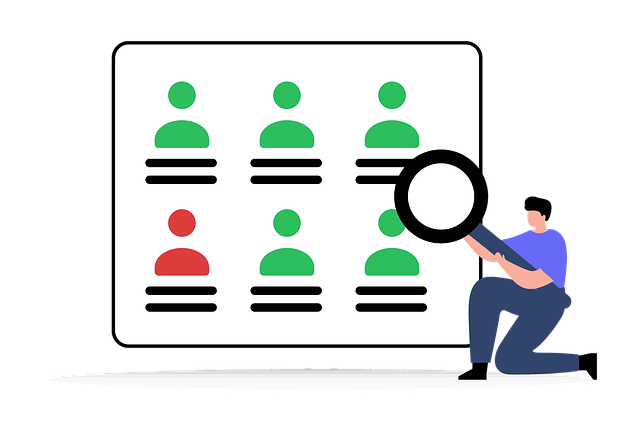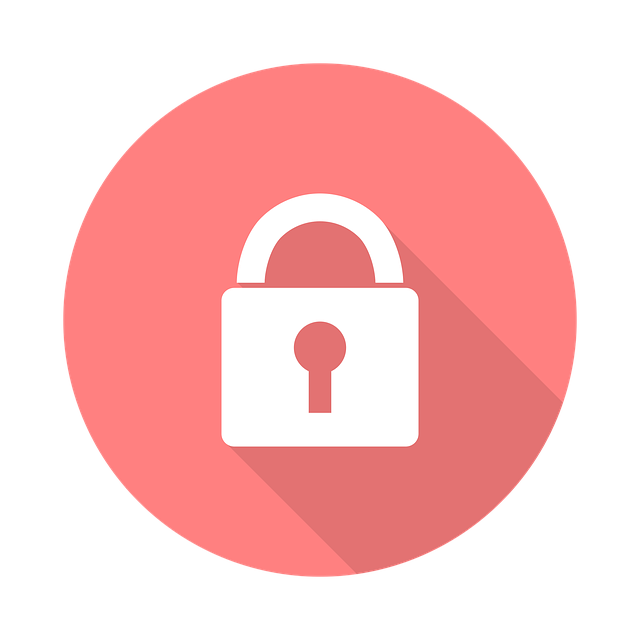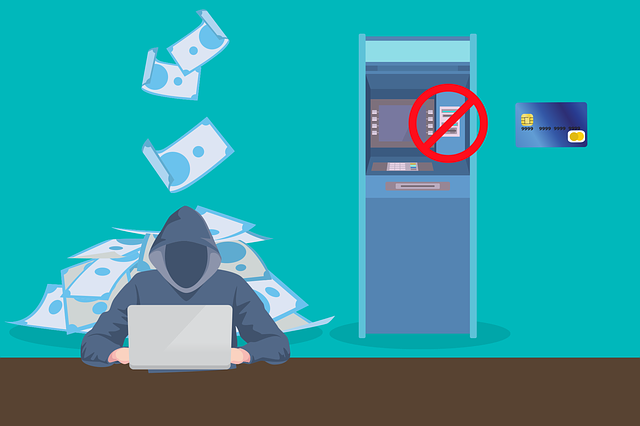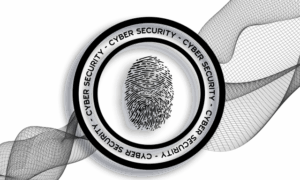Accounting firms, holding sensitive financial data, are attractive targets for cybercriminals. To counter this, CPAs must conduct regular cybersecurity audits, focusing on email protection, password security, and staff education about phishing attacks. Implementing robust filters, strong password policies, multi-factor authentication (MFA), and encryption technologies significantly reduces data breach risks. These proactive measures safeguard digital assets, maintain client trust, and fortify defenses against evolving cyber threats.
In today’s digital landscape, accounting firms face unique cybersecurity challenges. Their vast storage of sensitive financial data makes them lucrative targets for cybercriminals. This article delves into essential IT security strategies and tools designed to safeguard accounting firms’ digital assets. From understanding the specific risks to implementing robust access controls and encryption techniques, we explore best practices for CPAs to conduct comprehensive cybersecurity audits, ensuring their practices remain secure and compliant.
- Understanding the Unique Cybersecurity Challenges for Accounting Firms
- The Role of a Comprehensive Cybersecurity Audit in CPAs' Practices
- Essential Tools for Securing Accounting Software and Data
- Implementing Robust Access Control Measures: Best Practices for CPAs
- Encryption Techniques to Protect Sensitive Financial Information
- Regular Security Training and Awareness Programs for Accounting Staff
Understanding the Unique Cybersecurity Challenges for Accounting Firms

Accounting firms face unique cybersecurity challenges due to their role in managing sensitive financial data for clients. With the increasing reliance on digital systems and remote work, these entities have become attractive targets for cybercriminals. A comprehensive understanding of potential threats is essential for CPAs (Certified Public Accountants) to implement effective security measures. One significant concern is the sophisticated nature of phishing attacks, which often mimic legitimate communications, posing a severe risk to both staff and clients.
To mitigate these risks, accounting firms should conduct regular cybersecurity audits, focusing on email protection and password security. By educating employees about recognizing phishing defenses, implementing robust email filters, and adopting strong password policies, they can significantly reduce the likelihood of data breaches. Additionally, integrating multi-factor authentication (MFA) adds another layer of defense, ensuring that even if passwords are compromised, unauthorized access is still prevented. These proactive steps are vital to safeguarding digital assets and maintaining client trust in an era where cybersecurity threats continue to evolve.
The Role of a Comprehensive Cybersecurity Audit in CPAs' Practices

A comprehensive cybersecurity audit is an indispensable step for accounting firms aiming to safeguard their digital assets and protect sensitive client data. CPAs, by nature of their work, handle vast amounts of financial information that, if compromised, could lead to significant legal and financial repercussions. Therefore, a thorough audit ensures that the firm’s IT infrastructure is robust enough to withstand modern cyber threats. This process involves an in-depth review of existing security measures, identifying vulnerabilities, and providing actionable recommendations for improvement.
By conducting regular cybersecurity audits, CPAs can effectively fortify their defenses against phishing attacks, a prevalent risk among accounting professionals. These audits enable the implementation of strong identity protection mechanisms, such as multi-factor authentication and secure firewall setups, which are crucial in preventing unauthorized access. With these measures in place, accounting firms can better protect themselves from potential cybercriminals, ensuring data integrity and maintaining client trust.
Essential Tools for Securing Accounting Software and Data

In today’s digital age, accounting firms face an evolving landscape of cybersecurity threats that demand robust strategies to protect their sensitive data and software systems. Essential tools for securing accounting software and data include implementing multi-factor authentication (MFA) protocols, which add layers of protection beyond traditional passwords. This is particularly important as password security in accounting remains a significant concern, with weak or reused passwords posing substantial risks.
Regular cybersecurity audits are another vital component, enabling firms to identify vulnerabilities and ensure compliance with industry standards. Additionally, email protection for CPAs is crucial, as phishing attacks often target email communications. Integrating robust email filters and encryption technologies can help safeguard against malicious attempts to gain access through this channel. Similarly, identity protection accounting measures, such as monitoring and alerting systems for unusual login activities, can prevent unauthorized access to sensitive financial information.
Implementing Robust Access Control Measures: Best Practices for CPAs

Implementing robust access control measures is a cornerstone for cybersecurity audits among CPAs. Accounting firms possess valuable digital assets, making them attractive targets for cybercriminals. To fortify their defenses, CPAs should adopt firm security protocols that include multi-factor authentication, role-based access controls, and regular reviews of user permissions. These practices ensure only authorized personnel can access sensitive financial data, reducing the risk of unauthorized transactions or data breaches.
Furthermore, compliance-level security standards, such as those set by industry regulators, should guide password security accounting practices. Strong, unique passwords for each account, along with regular updates and the enforcement of password expiration policies, are essential. Additionally, enabling two-factor authentication where possible adds an extra layer of protection, safeguarding against brute force attacks and unauthorized access attempts.
Encryption Techniques to Protect Sensitive Financial Information

In the realm of digital security, encryption stands as a robust shield against unauthorized access to sensitive financial information—a critical aspect for accounting firms. As identity protection becomes increasingly vital, CPAs must embrace advanced encryption techniques during their cybersecurity audit processes. By implementing strong encryption methods, these professionals can safeguard client data stored both on-premises and in the cloud, ensuring firm security protocols remain unbreached.
Cloud security for CPAs is not merely a consideration but an essential strategy. Given the increasing reliance on remote access and digital storage, employing robust encryption ensures that financial records and confidential client information are protected at all times, thereby fostering trust among clients and maintaining the integrity of accounting practices.
Regular Security Training and Awareness Programs for Accounting Staff

Regular Security Training and Awareness Programs are essential components of a robust cybersecurity strategy for accounting firms. With an increasing number of cyber threats targeting businesses, including phishing attacks designed to trick CPAs into revealing sensitive information, continuous education is crucial. These programs should focus on teaching staff how to recognize potential risks, such as suspicious emails or unusual file requests, and emphasize the importance of adhering to firm security protocols.
By implementing data security plans tailored for CPAs, accounting firms can fortify their defenses against evolving cyber threats. Regular cybersecurity audits ensure that these plans remain effective and up-to-date, addressing new vulnerabilities and best practices in the digital landscape. Through interactive workshops and simulated phishing defense scenarios, staff can practice safe computing habits while gaining a deeper understanding of how to protect the firm’s valuable digital assets.
